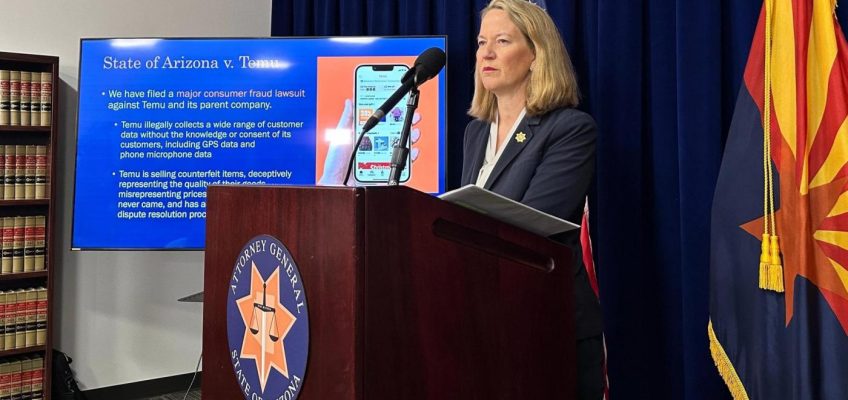If the Vikings falling woefully short of their lofty expectations this season has proven anything, it’s that Kevin O’Connell isn’t impervious to poor play at the most important position in all of sports.
The whisperer is currently inaudible.
J.J. McCarthy is off to a historically bad start to his career under the tutelage of O’Connell, leaving left the Vikings with more questions than answers. Max Brosmer isn’t the Get Out of Jail Free card some hoped he would be.
In a poignant moment of reflection, O’Connell opened up about the reality of the situation, which was painfully obvious in the aftermath the Vikings getting embarrassed in a 26-0 loss to the Seattle Seahawks. The punchless performance was even more sobering when considering it marked the first time Vikings have been shut out since the George W. Bush administration.
O’Connell acknowledged that the offense hasn’t been anywhere near the standard it has set for itself. He slowly started to come to terms with the fact the open receivers he might see when watches back the film mean absolutely nothing if the the play itself isn’t capable of being executed after the ball is snapped.
“It’s figuring out exactly what we need to be, and we’ve tried to do that,” O’Connell said. “What we’re seeing coverage wise needs to take a back seat to what is best for our offense in that moment.”
The hardest part for O’Connell is he knows what his offense can look like when the Vikings are operating at a high level. They averaged 263.8 passing yards per game in 2022 (sixth in the NFL), 256.4 passing yards per game in 2023 (fifth in the NFL), and 237.8 passing yards per game in 2024 (sixth in the NFL).
That production is nowhere to be found this season, as the Vikings are currently averaging 173.2 passing yards per game. Only the Tennessee Titans, the Cleveland Browns and the New York Jets have been worse.
“It’s becoming much more difficult than it has been,” O’Connell said. “It’s a matter of adjusting to what is required to win.”
You could almost see O’Connell actively fighting with his own instincts. He has to know deep down that his system isn’t necessarily conducive to developing a young quarterback in real time. There are no training wheels when the main objective of most plays is to push the ball down the field.
The biggest miscalculation in hindsight was the Vikings thinking McCarthy was ready to ride the bike by himself. They made that clear by acquiring Sam Howell as the only person to push McCarthy in any capacity. They moved on to Carson Wentz at the last minute when Howell proved he wasn’t capable of doing the job.
There was seemingly no thought that McCarthy might struggle to adapt this season. Just blind faith that he would pick up where Sam Darnold left off.
Such an assumption can’t be made again.
There needs to be a veteran quarterback brought in this offseason to compete with McCarthy for the starting job. There also needs to be an understanding that whoever that person is very well might beat McCarthy out.
There are a wide variety of paths the Vikings could choose to go down.
There are elite backup quarterbacks like Mac Jones (San Francisco 49ers) and Davis Mills (Houston Texans), though both of those options seem unlikely considering it would require a good amount of draft capital to strike a deal.
There are former franchise quarterbacks that could be available, like Daniel Jones (Indianapolis Colts) if he hits the open market, or Kyler Murray (Arizona Cardinals) if he is released.
There are once-highly drafted quarterbacks who now in their 30s like Jameis Winston (New York Giants) and Marcus Mariota (Washington Commanders), who could run the offense to some degree.
There are highly drafted quarterbacks still in their 20s such as Zach Wilson (Miami Dolphins), Trey Lance (Los Angeles Chargers), and Anthony Richardson (Indianapolis Colts), who could all be worth a roll of the dice.
There are veterans quarterbacks like Jimmy Garoppolo (Los Angeles Rams), Geno Smith (Las Vegas Raiders) and Jacoby Brissett (Arizona Cardinals), or polarizing quarterbacks like Kirk Cousins (Atlanta Falcons) and Aaron Rodgers (Pittsburgh Steelers) who could make sense.
If these options don’t seem inspiring, well, it’s because they’re not.
But even if none of them feel like they would get the Vikings over the hump, all of them would be better than having McCarthy work through some of the basic mechanics without any sort of safety net beneath him.
Where did it go wrong for Adam Thielen in his homecoming with the Vikings?
PFF grades from the Vikings’ loss to the Seahawks: Max Brosmer scores low in first start
Takeaways from the Vikings’ 26-0 loss to the Seahawks
Justin Jefferson declines comment after worst game of his career
Shipley: Forget the QB play. The Vikings aren’t good.




